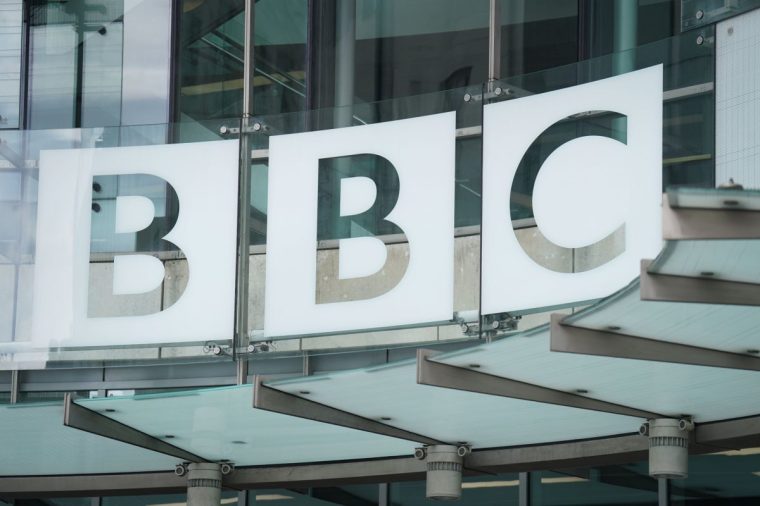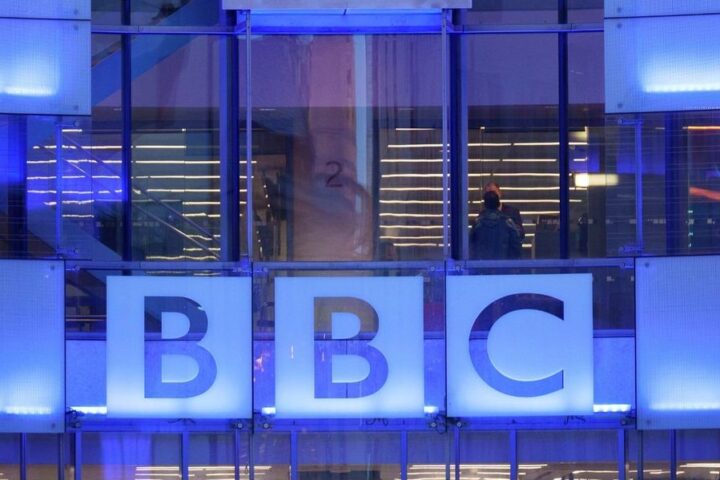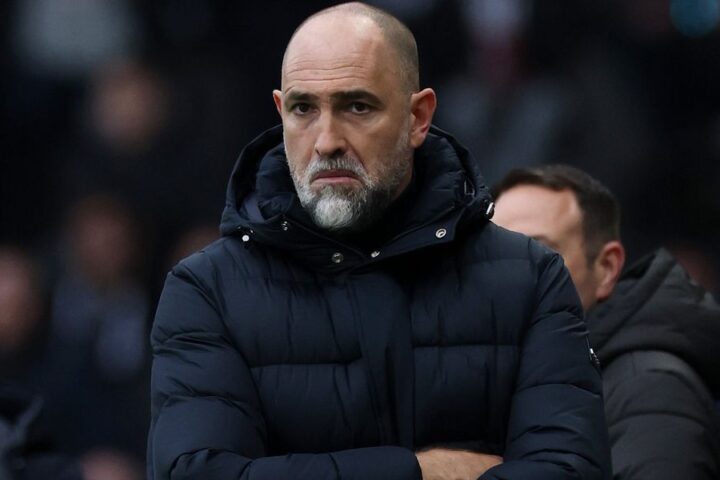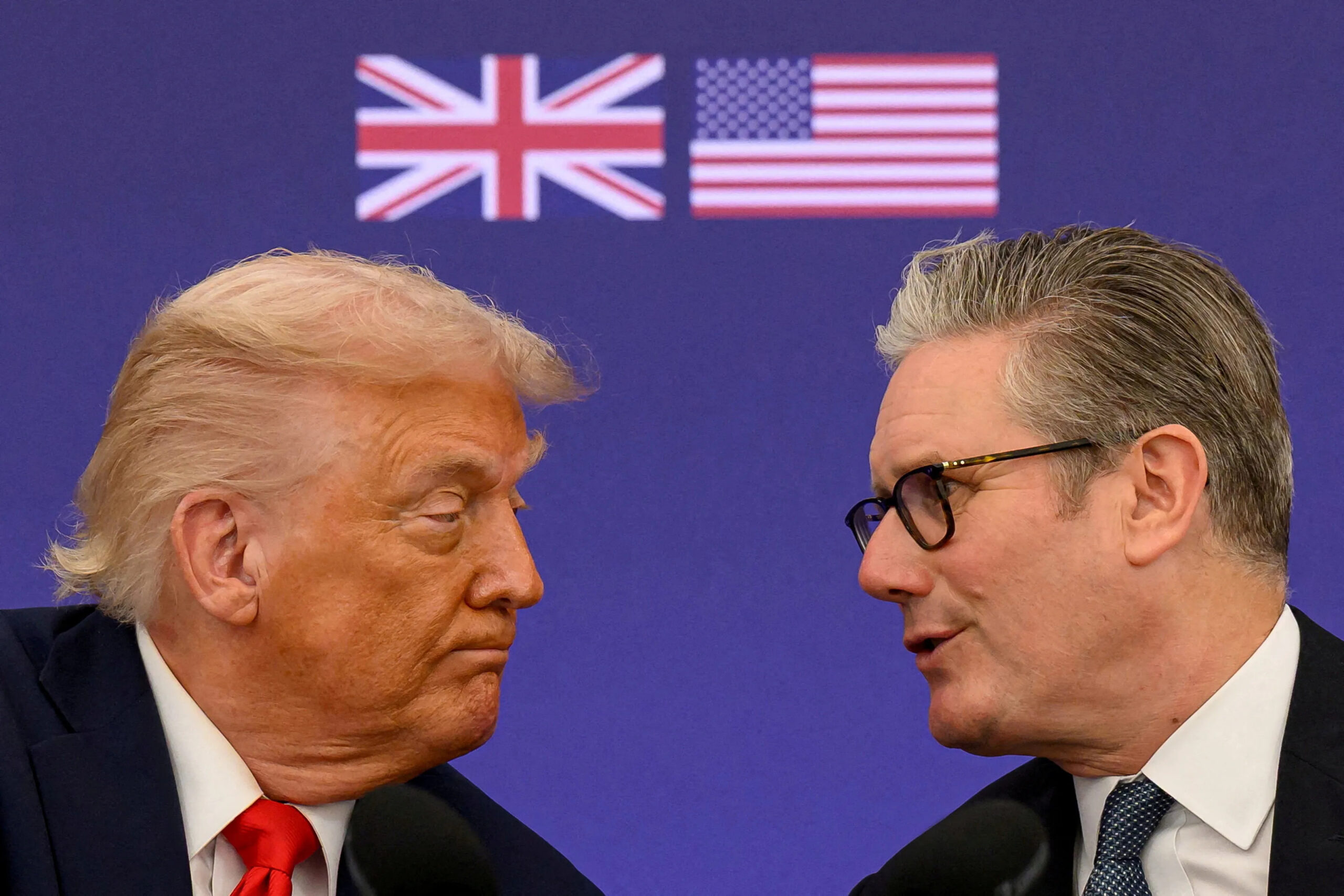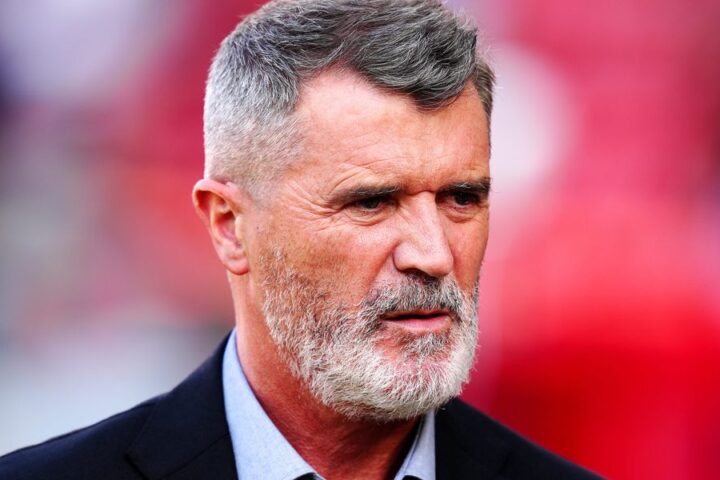BBC Rules Out Subscription Model Amid Government Funding Review
BBC executives have internally deemed the prospect of replacing the licence fee with a Netflix-style subscription system as unfeasible, placing the corporation on a potential collision course with ministers who are actively exploring alternative funding models, reports BritPanorama.
Culture Secretary Lisa Nandy revealed last week that her department is considering a “whole range of options” aimed at modernising the licence fee, potentially incorporating a hybrid model that includes elements of commercial funding and subscription services.
The government’s forthcoming Green Paper, due to outline the future of the BBC later this year, is expected to propose a monthly subscription option that would allow paying viewers exclusive access to BBC content and services.
While the BBC has initiated a £6.50 monthly charge for US users seeking unlimited access to its news content, senior figures at the network oppose extending a subscription model to the UK, arguing it would foster a “two-tier BBC.”
A source within the BBC stated, “Subscription doesn’t pass the test for a universal, public service BBC. For that reason, we have ruled it out.” The source further emphasised the necessity of modernisation while retaining a commitment to the principles of public service broadcasting.

Although the BBC engages in the Charter renewal process, it holds no veto over its outcomes. Consequently, the government retains the authority to impose its preferred funding model, with Parliament expected to consider recommendations for the new Charter starting in 2028.
Various programme-makers have weighed in on the subscription debate. One former executive warned that a subscription model could compromise the diversity and creativity of the programming, stating: “Subscription skews what you commission. Your primary focus is making programmes that stop people from cancelling. That means taking fewer risks and focusing on safe entertainment hits, with news and current affairs budgets likely to be the first casualties.”
Yet some insiders maintain that a subscription could enhance the broadcaster’s financial situation, provided it is combined with a core licence fee structure. Nandy’s proposal suggests that while a mandatory charge would remain, the fee could be adjusted based on income levels.
John Mair, a former BBC producer, advocated for monetising the BBC’s extensive archive, noting, “It doesn’t have to be full subscription for all. The BBC is also a national TV archive and it could monetise its archive.”
Moreover, options for an additional subscription through iPlayer could allow viewers early access to highly anticipated BBC dramas before their general airing.
There are concerns regarding the feasibility of subscription-based funding, highlighted by David Elstein, former Channel 5 chief executive, who indicated that the viability of a “top-up” subscription remains limited, primarily questioning, “why is that not covered by the licence fee?”
Patrick Barwise, an emeritus professor at London Business School, pointed to significant technological constraints that inhibit a swift transition to subscription-based funding, stating that the necessary systems to prevent non-payers from accessing BBC content are not expected to materialise until the late 2030s.
He added, “To maintain programme budgets, the average subscription price would need to be significantly higher than the licence fee, partly because of higher overheads to cover marketing and customer service costs.”
The BBC’s analysis suggests that a package of streaming subscriptions comparable to its current offering would impose costs up to £580 annually, marking a substantial increase from the existing £174.50 fee.
The Green Paper, anticipated within weeks, will formally commence the Charter renewal, setting the stage for negotiations over the BBC’s funding until 2038. The BBC is expected to present its proposals for licence fee reform while arguing against subscription-based models that may undermine its public service ethos.
Ministers will release a White Paper detailing their action plan before the current Charter expires in 2027.
BBC leaders expressed relief that Nandy dismissed the possibility of funding the organisation through general taxation, a move that could jeopardise its autonomy. However, proposals for BBC Studios to enhance contributions to the content budget remain on the table, fostering an effort to alleviate pressure on the licence fee.
Last year, BBC Studios generated £2.2 billion in revenue from various properties, contributing £200 million back into the broadcaster’s budget.

While the BBC has opted not to comment on the potential for subscription funding, Director-General Tim Davie previously articulated concerns stating: “All the funding models that have been floated in the debate have their merits and drawbacks. But some such as advertising or subscription don’t pass the test of building a universal trusted public service. Beyond that, we keep an open mind.”
A spokesperson for the DCMS indicated the government is preparing for the upcoming Charter Review, expected to consider various issues, including sustainable funding models for the BBC. A public consultation will precede any decisions regarding the future direction of the broadcaster.
